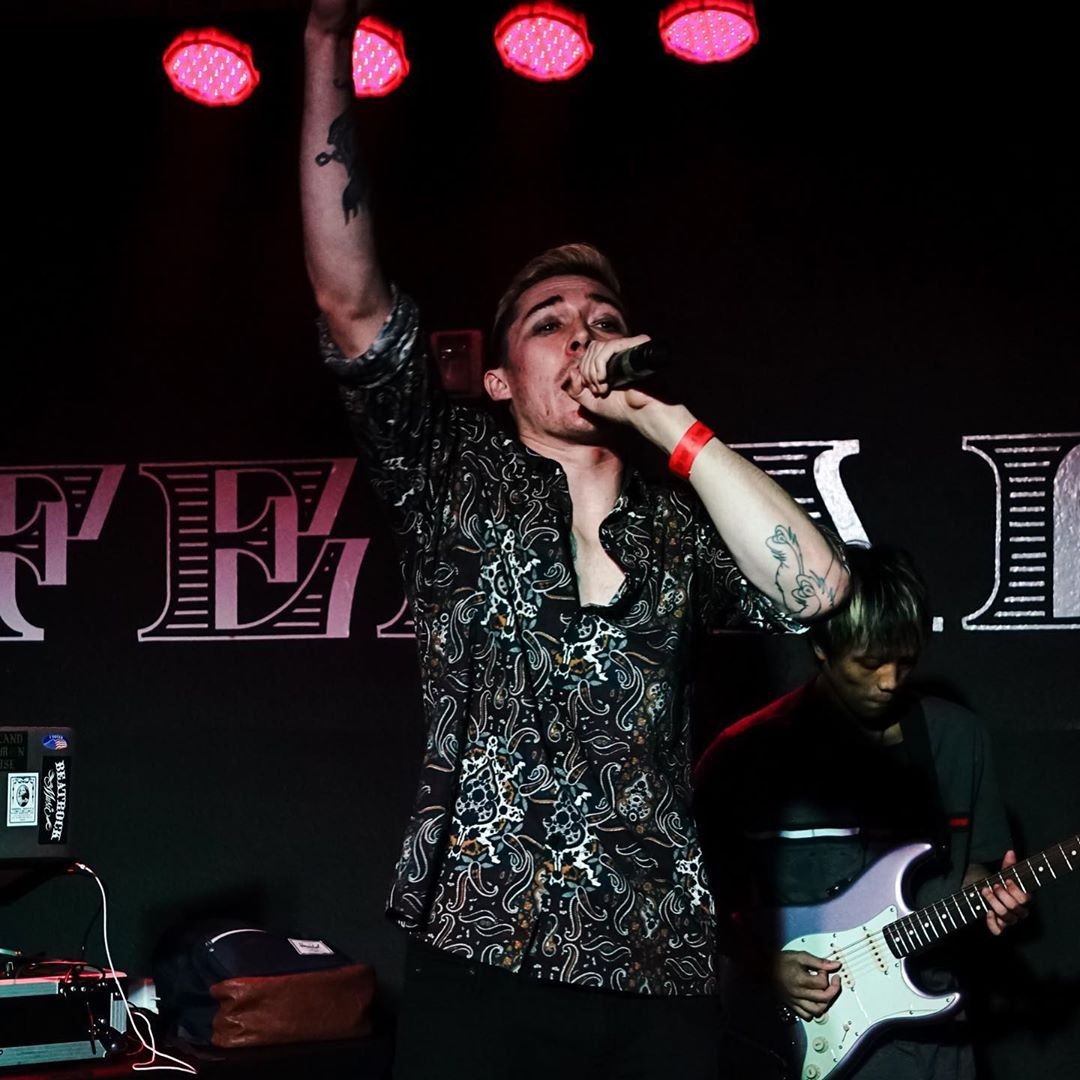We recently connected with J. Loree and have shared our conversation below.
J., thanks for joining us, excited to have you contributing your stories and insights. Do you think your parents have had a meaningful impact on you and your journey?
This one is an interesting one for me. To start with, they immersed me in the music world from a young age. Before I had any interest in Hip-Hop, I had already been subconsciously downloading blues and motown classics. I lived in a dance studio for years in elementary school. I watched my mom carve out a life for herself by following her passion and becoming a professional, so my intention of pursuing music as a career was supported at home from the beginning. I’ll always be grateful for that. I’ve spent a lot of time focused on what wasn’t done right in regards to my upbringing. I was put in a lot of situations that were not good for a child and developing psyche, to say the least, but I definitely wouldn’t change any of it. I don’t know who or where I would be if things didn’t go exactly as they did, and I’m not sure if I could be at peace with being anyone other than exactly who I am. I’m the result of the perfect blend of things done right and things done wrong, at the right time. At the end of the day, they helped lead me to my purpose early on. That has to be one of the most impactful things you can do for your kid.
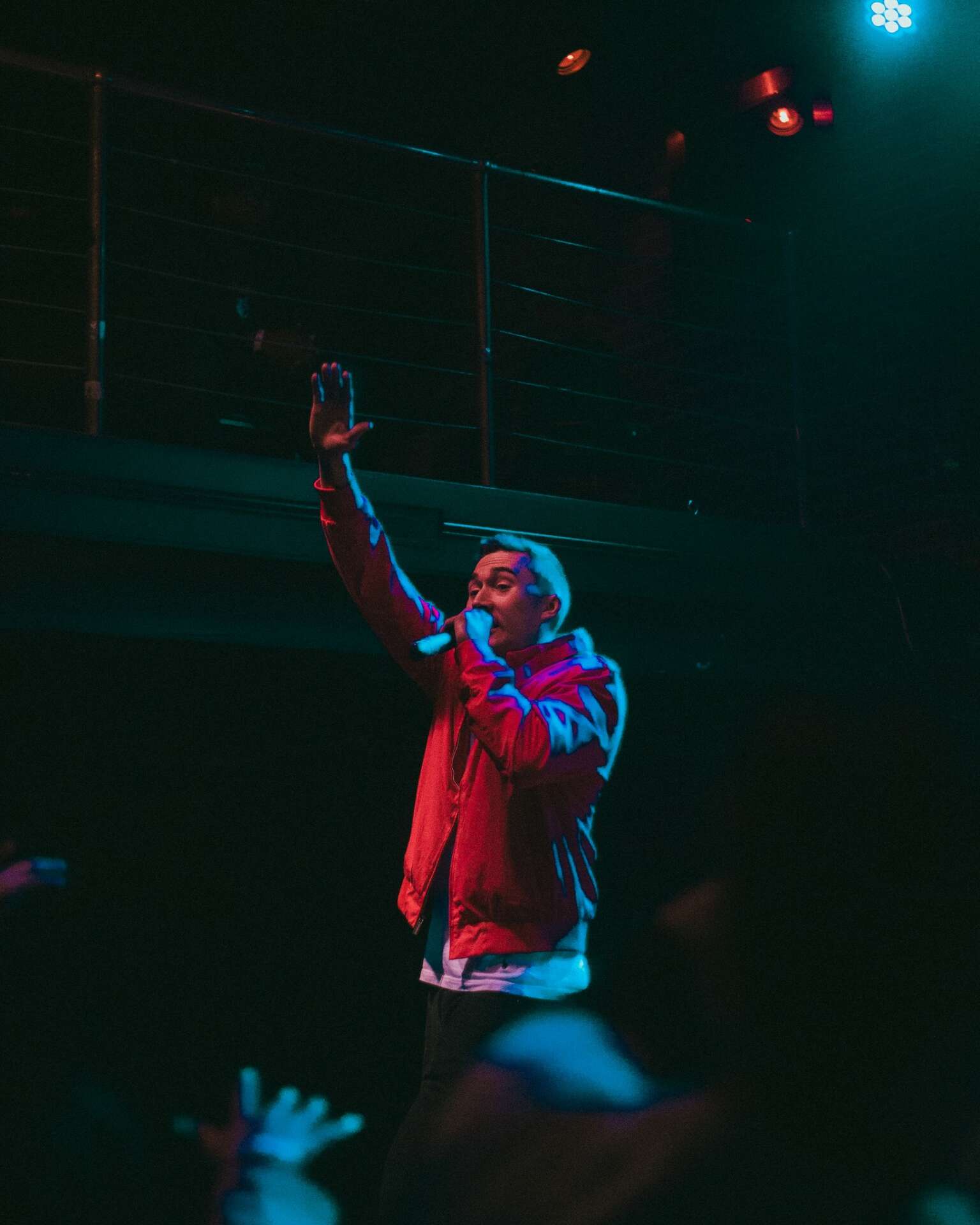
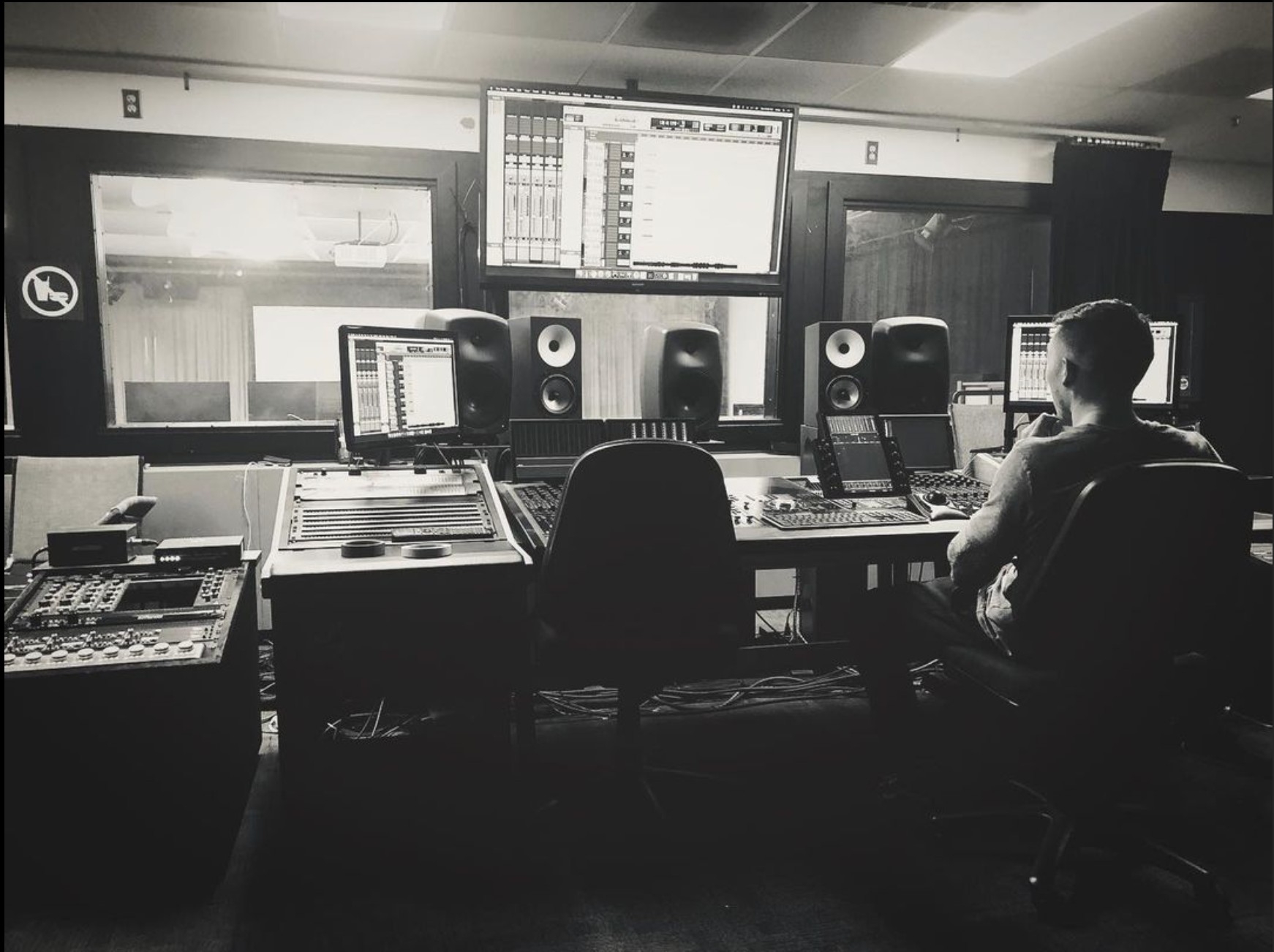
J., before we move on to more of these sorts of questions, can you take some time to bring our readers up to speed on you and what you do?
It wasn’t until I got into Hip-Hop, around nine to ten years old, that I felt inspired to take the leap from being just a fan of music to a creator myself. As I did my homework, I was engulfed by my love for deep lyricism and intricate rhyme schemes. At the age of twelve, it was actually my therapist who encouraged me to show my work to others. It had been a crucial outlet for me as I dealt with turmoil at home. Throughout my years in school, I recorded and mass produced my own CD’s, selling them around local schools. All the while, Iwas gradually learning how to properly mix and master a song. This would later become a lucrative side hustle as I started mixing for others.
What I’m most proud of is how much my lyrics have been able to resonate with listeners. They appreciate how authentic and vulnerable the music can be. A lot of my past material came from a dark place, but that makes me feel like the pain associated with it has more of a purpose. In lighter songs, like “Reset”, they can see the growth and the effort to be at peace. All in all, I’m just trying to articulate the human experience. I’ve lived through a lot of unique situations and, as a result of that, present a unique person and perspective when I write.

Learning and unlearning are both critical parts of growth – can you share a story of a time when you had to unlearn a lesson?
In the beginning, I was so focused on becoming the best rapper I could be, in terms of technical mastery. I looked at music as a competition of skill. I came in as a big fan of battle rap and it helped me build a great foundation as a lyricist, but eventually I would come to realize that the most intricate rhyme scheme was not the important thing to focus on. I would get so frustrated hearing rappers with much less lyrical mastery becoming so successful but eventually I shifted the way I approached songwriting and focused more on the melodic and musically pleasing aspects of it. I’m reminded of an interview where John Mayer talked about going to Berklee College of Music and realizing that every other guitar player there had as much, if not even more, mastery of the instrument but his unique sound as a singer and songwriter would be what set him apart from the crowd. That’s the same way I see my rapping. I’m a lot more well-rounded as a musician than I was years ago. This has even helped me develop an even deeper appreciation for different kinds of music and pay closer attention to certain elements of songs I hear than I did before, which is priceless.
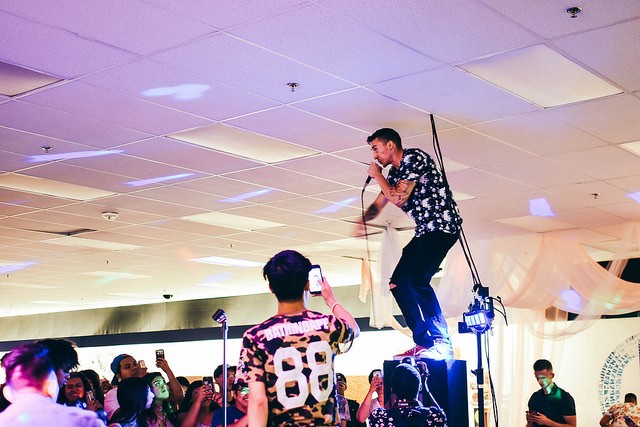
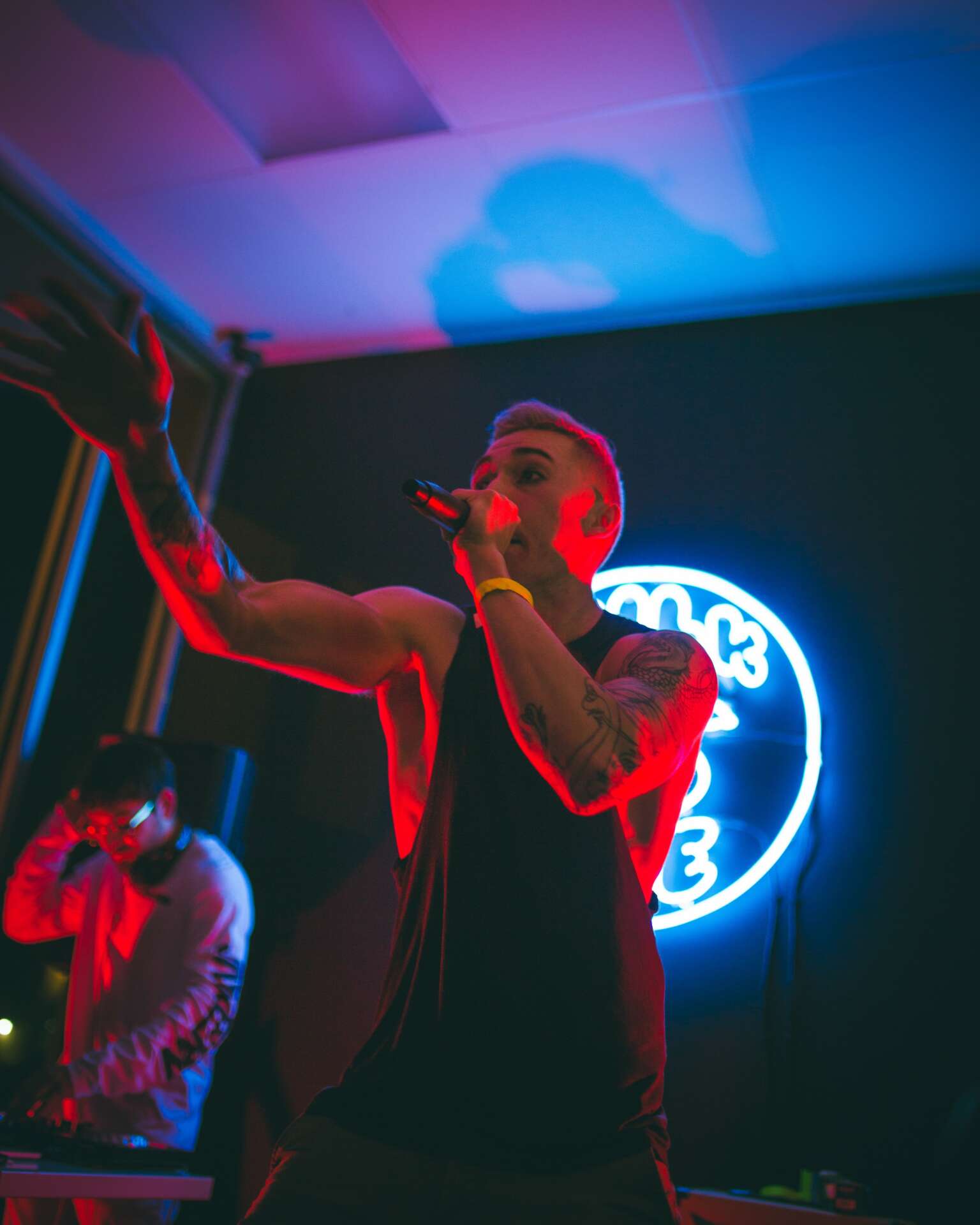
Have you ever had to pivot?
I would say I’ve been in the process of mentally pivoting for the last few years. I’ve had to change my fuel source, so to speak. A lot of the reason I strived to be the most technically amazing rapper was because I wanted the validation of others telling me how great I was at what I did. Growing up, I self-identified completely with how people responded to my rapping. This would later turn into an inability to finish projects because if it didn’t leave others awestruck the first time they heard it, it wasn’t good enough and, therefore, I wasn’t good enough. I was subconsciously creating this idealized version of myself as a performer and musician, whom people loved because I embodied everything that was “good” about me. This was the costume I would step into before going on stage to perform. The regular me who wakes up in the morning and does laundry wouldn’t have the courage to command a crowd. This was the me whom I despised for my shortcomings and, in my mind, had come to characterize the me that went home when the show was over. When I took a break from performing, I was forced to realize that if I didn’t see myself as worthy of success in my everyday life, when I take off the artist hat, I would never be able to put in the work necessary to get where I want to go. I sank into a very low point, spent some time in a mental hospital towards the end of 2022, and have had a lot of time to self-reflect. I have to create because that’s who I am and what I do. That’s why I’m here. Not because I’m trying to impress anyone else. Bringing your own insecurity into the process hinders your access to the creative force at play.
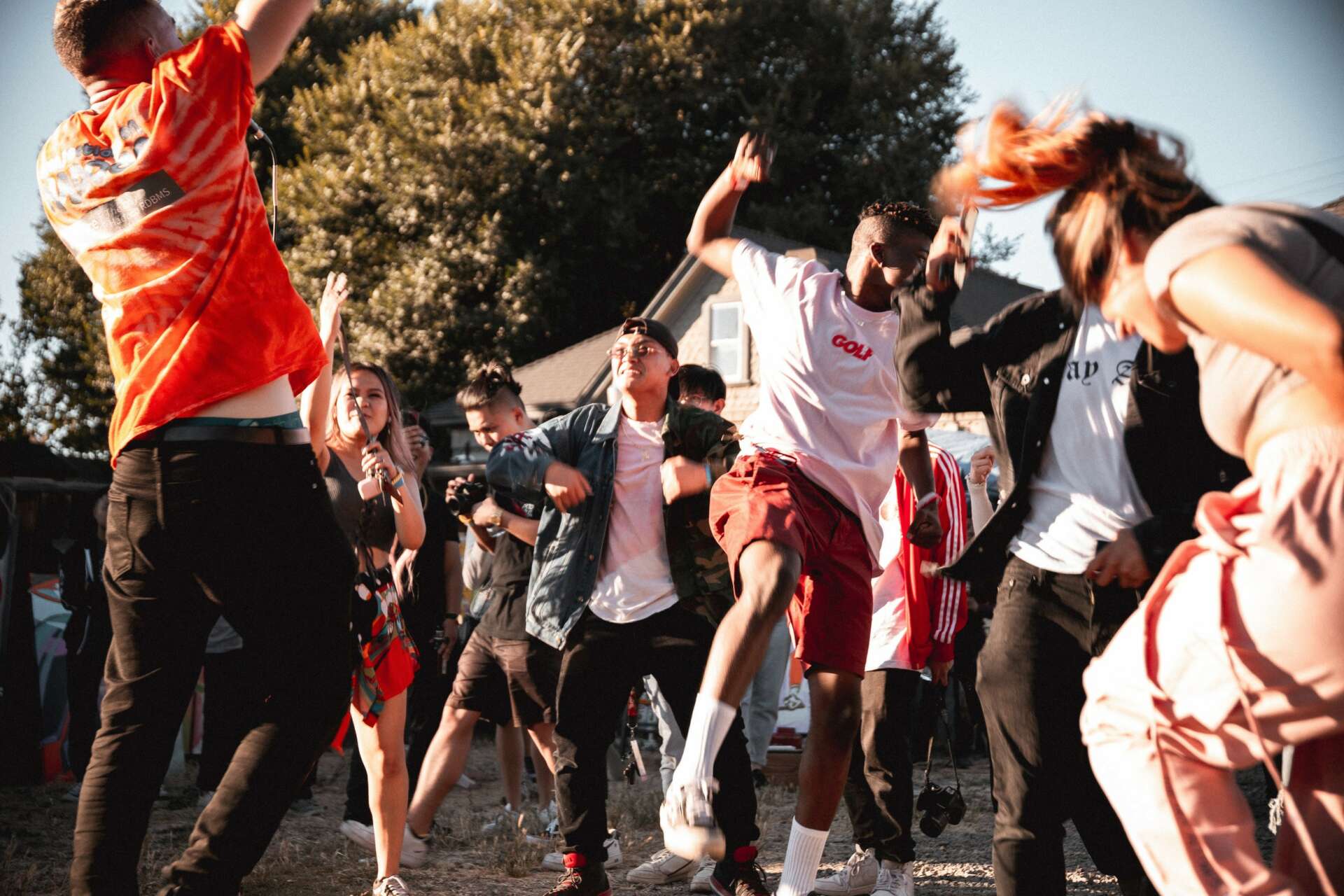
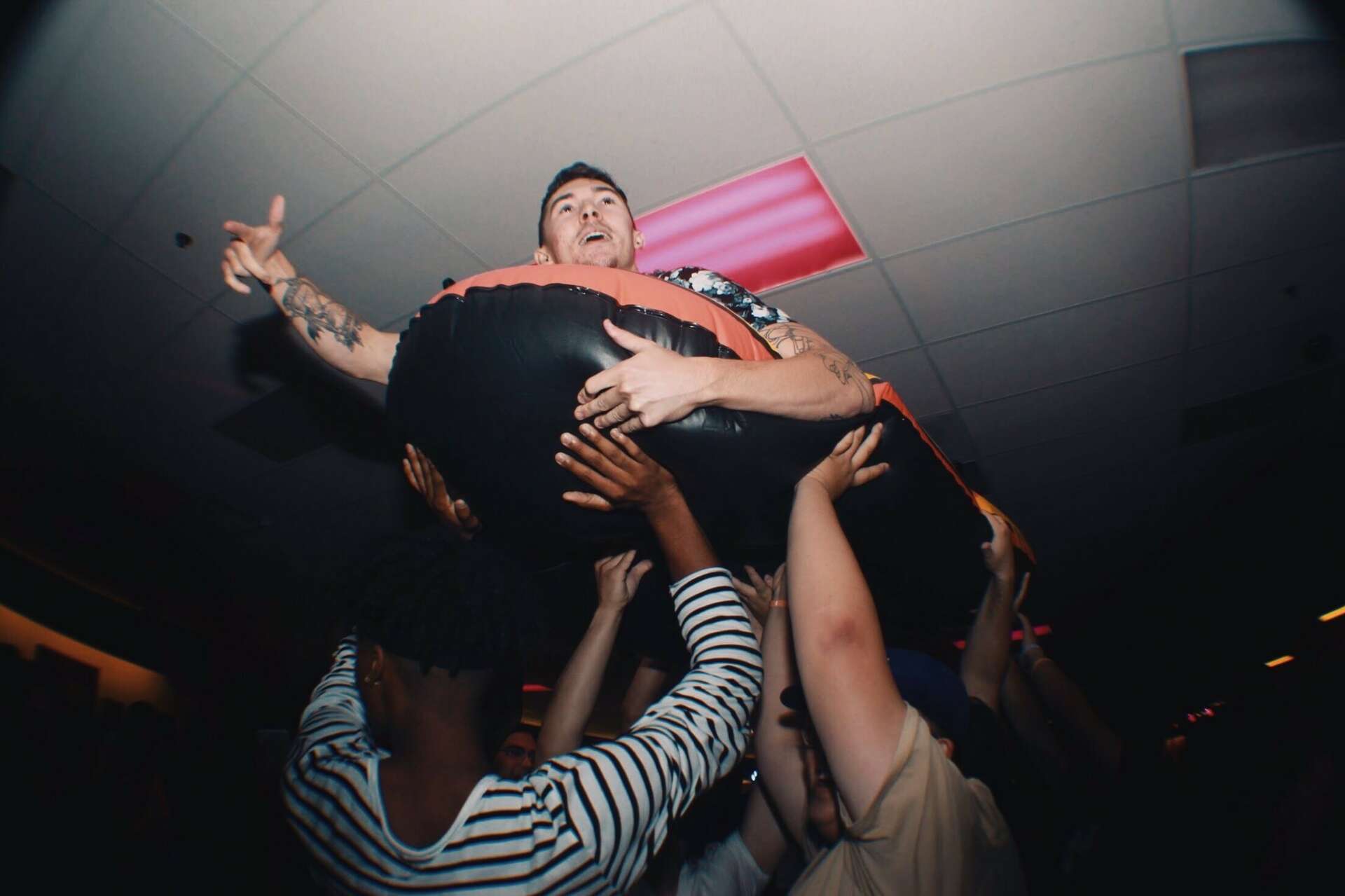
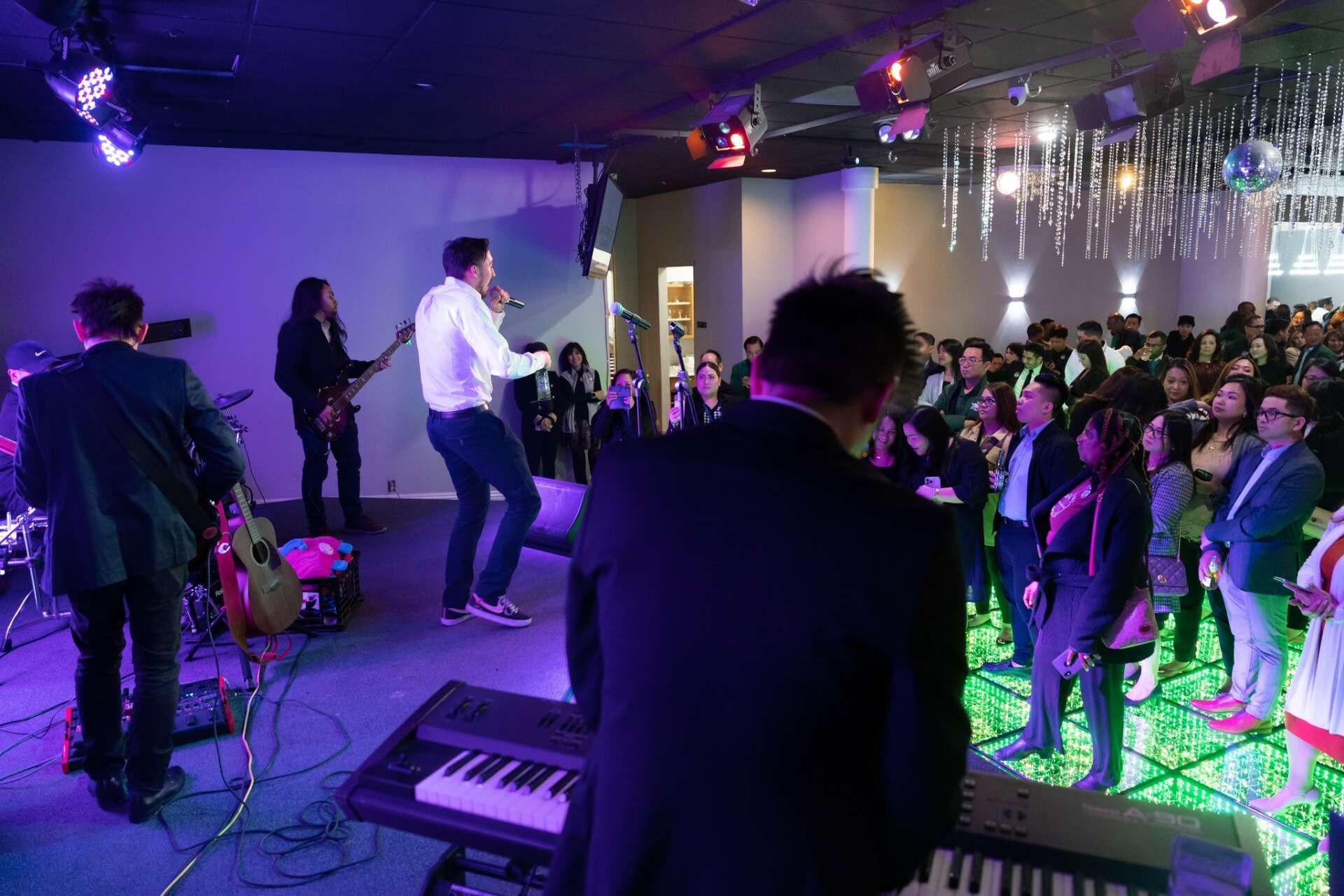
Contact Info:
- Website: jloreeofficial.com
- Instagram: instagram.com/j_loree_
- Facebook: facebook.com/jloreemusic
- Youtube: youtube.com/@jloreeofficial
- Other: J. Loree on Spotify, Apple Music, and all major streaming platforms


